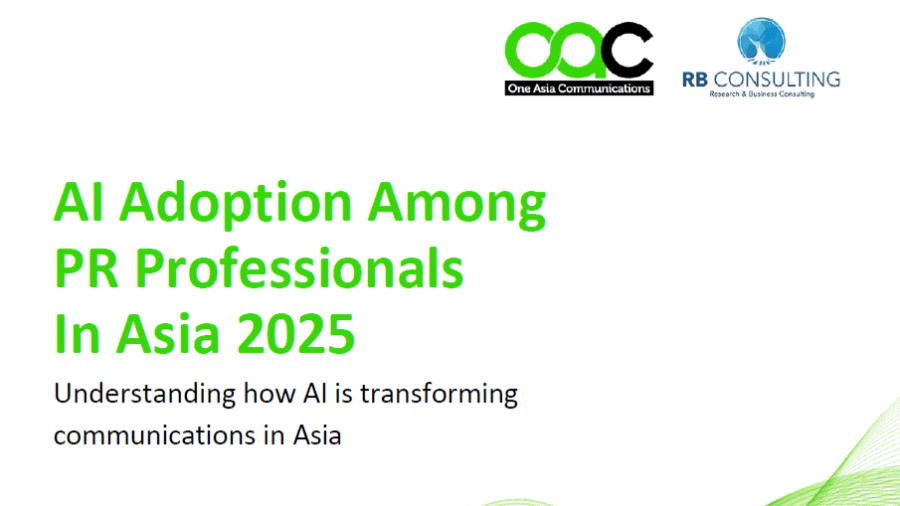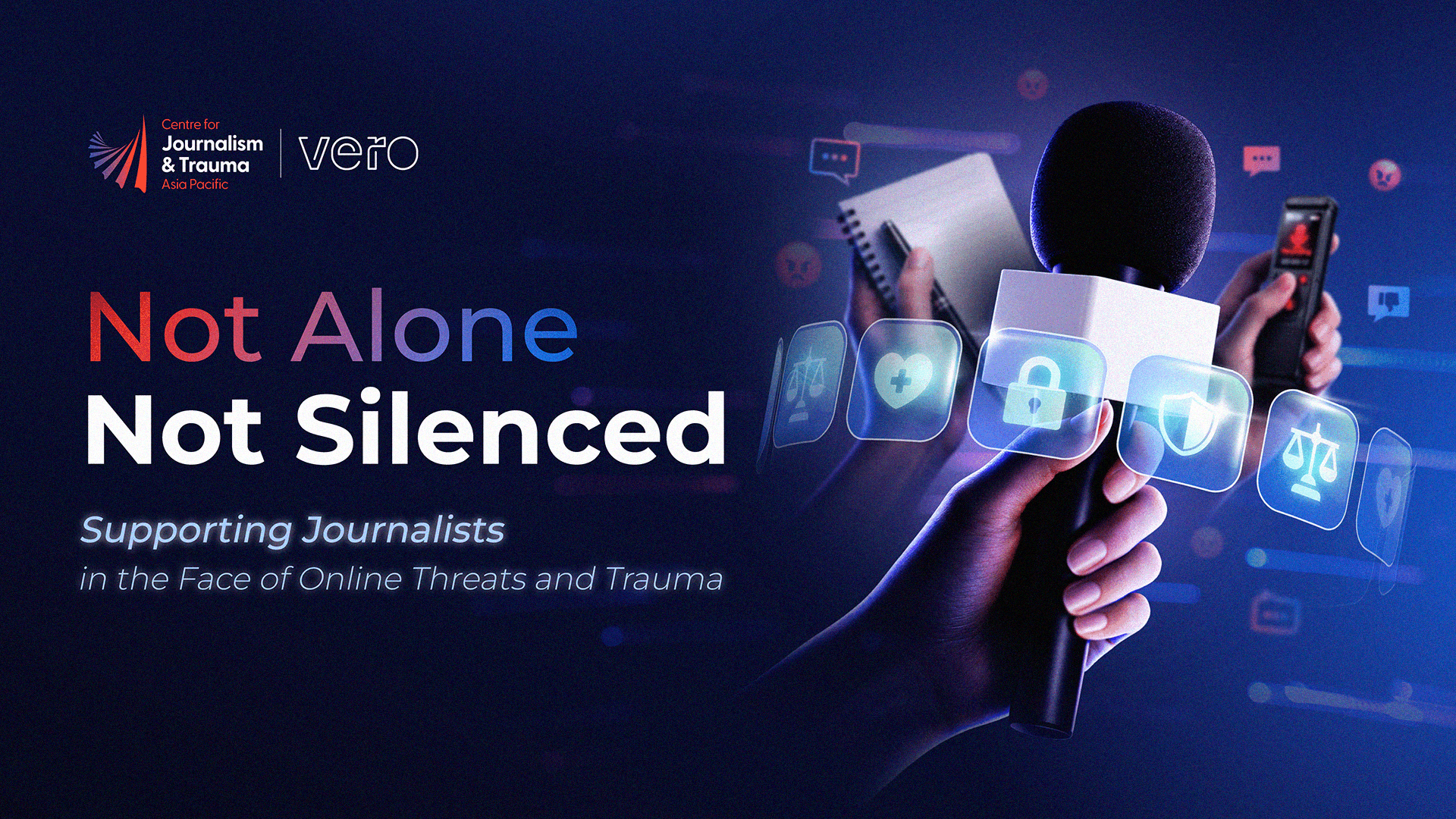One Asia Communications, a network of independent agencies across the Asia Pacific region, has released a regional white paper titled, "AI Adoption Among PR Professionals in Asia 2025". The study unveils how AI is reshaping communications in Asia, covering insights including perception, adoption as well as challenges and ethics in AI usage.
The research, conducted in partnership with RB Consulting, surveyed close to 300 in-house communications professionals across 12 Asian markets: Singapore, Mainland China / Hong Kong, Indonesia, Malaysia, the Philippines, Thailand, Japan, South Korea, Taiwan, Vietnam, Cambodia, and India.
How PR professionals view AI
Approximately 58 per cent of respondents view AI positively, while 40 per cent hold a neutral perspective. Optimism is particularly strong in markets such as Indonesia and Vietnam, while markets like Japan and South Korea exhibit more caution. The study suggests that the narrative in the latter markets has matured beyond novelty into strategic evaluation, pointing to the need for governance frameworks, ethical guidelines, and clarity around human-AI collaboration.
The study finds the optimistic yet cautious sentiment to be an indicator that most PR professionals are ready to invest in AI tools, but believe that outcomes depend on how AI is used, flagged, and managed.
AI Awareness and adoption
Though awareness and interest in AI has spread widely across the region, adoption remains uneven and limited. Over half of respondents (51 per cent) use AI daily and are categorised as “proficient” in the study, while 39 per cent have limited experience, often experimenting with free tools.
Across the region, AI tools are mainly used for research, content creation, trend and sentiment analysis, and campaign measurement. Markets like Malaysia and India show broader integration in media analysis and content, while Hong Kong is more cautious – which the study suggests may be due to time constraints, budget limitations, or a lack of clear frameworks. The findings indicate that AI use remains mostly individual, without institutional guidance or formal training.
PR role transformation
The study observed that AI has shifted PR’s role. Corporate communications departments use AI for sentiment tracking, message consistency, and stakeholder engagement - as seen in Taiwan, where it supports quicker and more informed decision-making.
Marketing communications teams, meanwhile, lead AI experimentation in campaign ideation, content personalisation, and audience insights. In the Philippines, PR teams are beginning to adopt AI-driven analytics to guide outreach and identify emerging media trends.
The research suggests that higher-level PR skills, including storytelling, strategic thinking, ethical decision-making, and stakeholder interpretation, are becoming increasingly essential as AI automates repetitive work.
Barriers to adoption
60 per cent of respondents cited adopting AI and new technology as the biggest challenge they anticipate in the next two years. The findings suggest that while communicators across Asia are optimistic about AI’s potential, many still grapple with the speed, structure, and cost of implementation. 42 per cent cited measuring communication success, while 41 per cent cited managing misinformation and disinformation as key concerns.
The challenge lies in bridging the measurement gap: communicators must move beyond counting coverage to understanding how visibility translates in an AI-indexed world, where reputation is shaped as much by what algorithms surface as by what journalists write.
Bridging the skills and trust gap
A lack of structured training and formal programmes remains one of the most persistent barriers to confident AI adoption. The study emphasises the need for training that integrates AI into strategic planning, not just execution. Four key priorities emerge: prompt engineering, ethical use, strategic integration, and measurement and evaluation.
Strategic integration of AI would ensure that AI is not merely adopted for convenience but leveraged as a strategic partner.
Ethics and accountability
While AI enhances efficiency and creativity, it also introduces risks around bias, misinformation, and data privacy. Based on the survey, most professionals agree on three key ethical priorities: transparency, human oversight, and data protection.
The study suggests that communicators view themselves not just as users of AI but as gatekeepers of accuracy and trust. As such, clear governance frameworks and ethical review processes are needed to ensure AI strengthens rather than compromises the trust that defines meaningful communication.
Key takeaways for communicators
- Move beyond merely adapting: Lead AI adoption to serving trust, truth, and human connection.
- Ensure reliable and structured content is accessible to AI systems.
- Operate AI usage within the boundaries of transparency, accountability, and trust.
- Provide accessible training and support, and establish a redefined understanding of communications success.
- Build technological fluency, ethical clarity and strategic vision to advance the profession forward.



